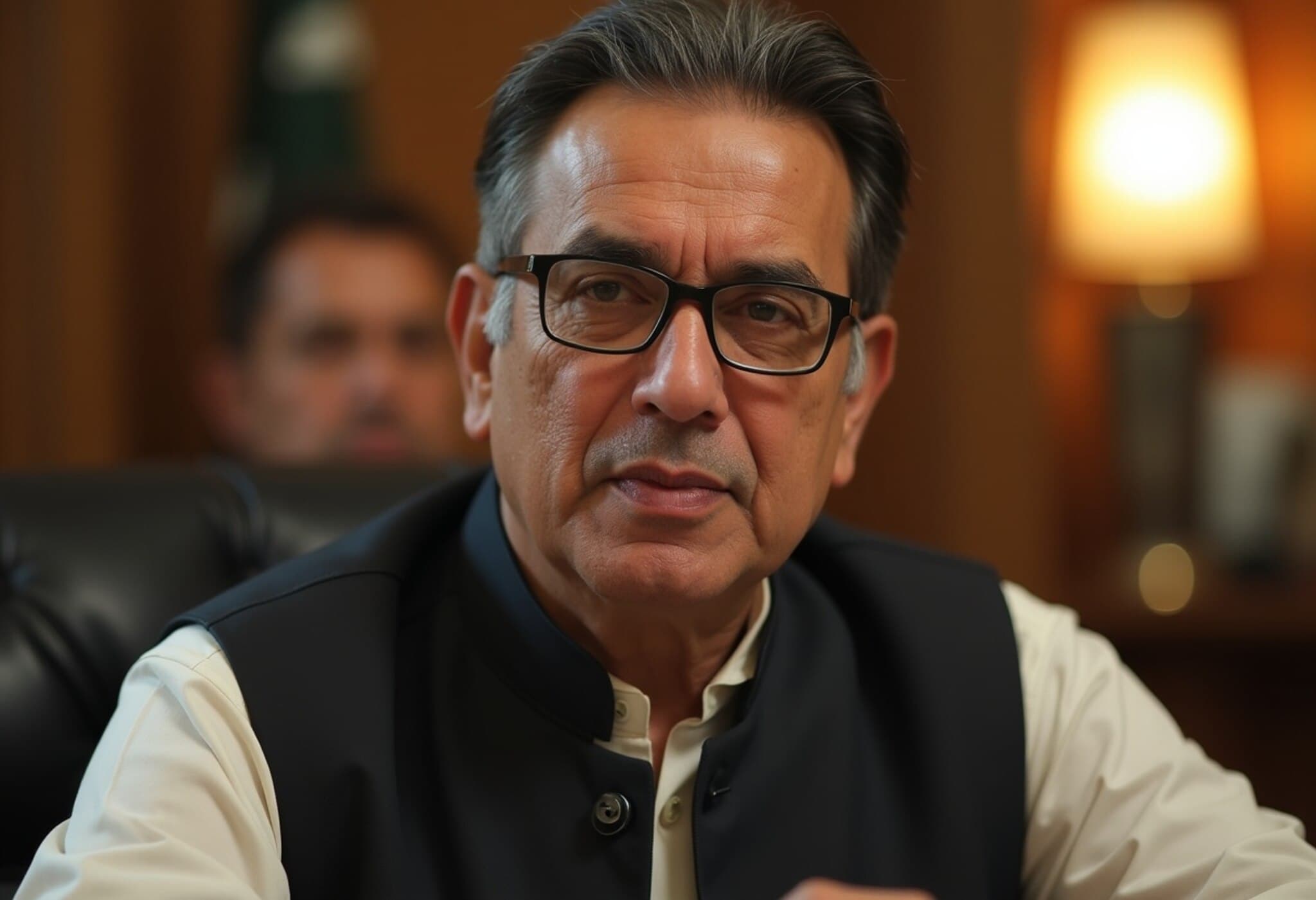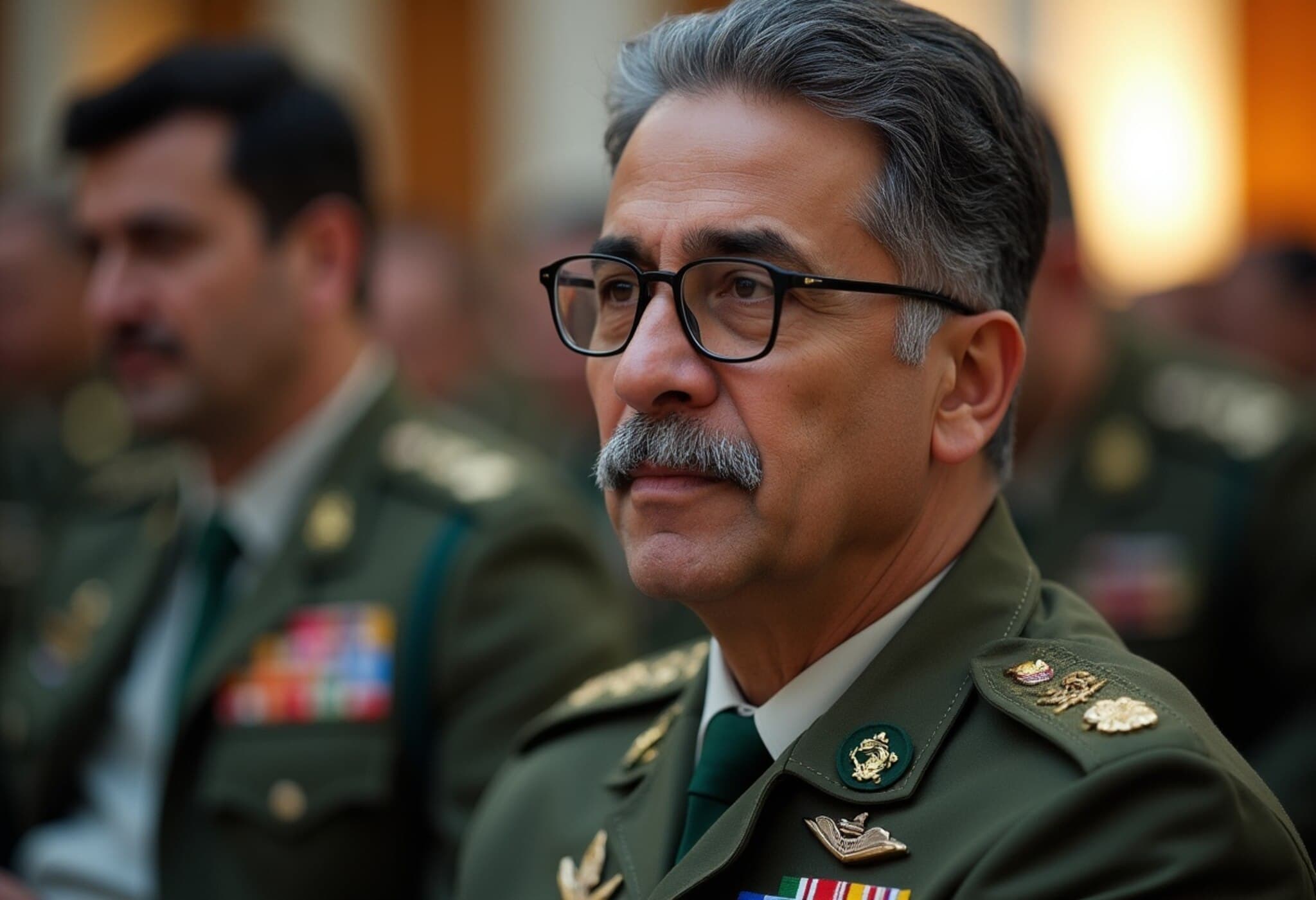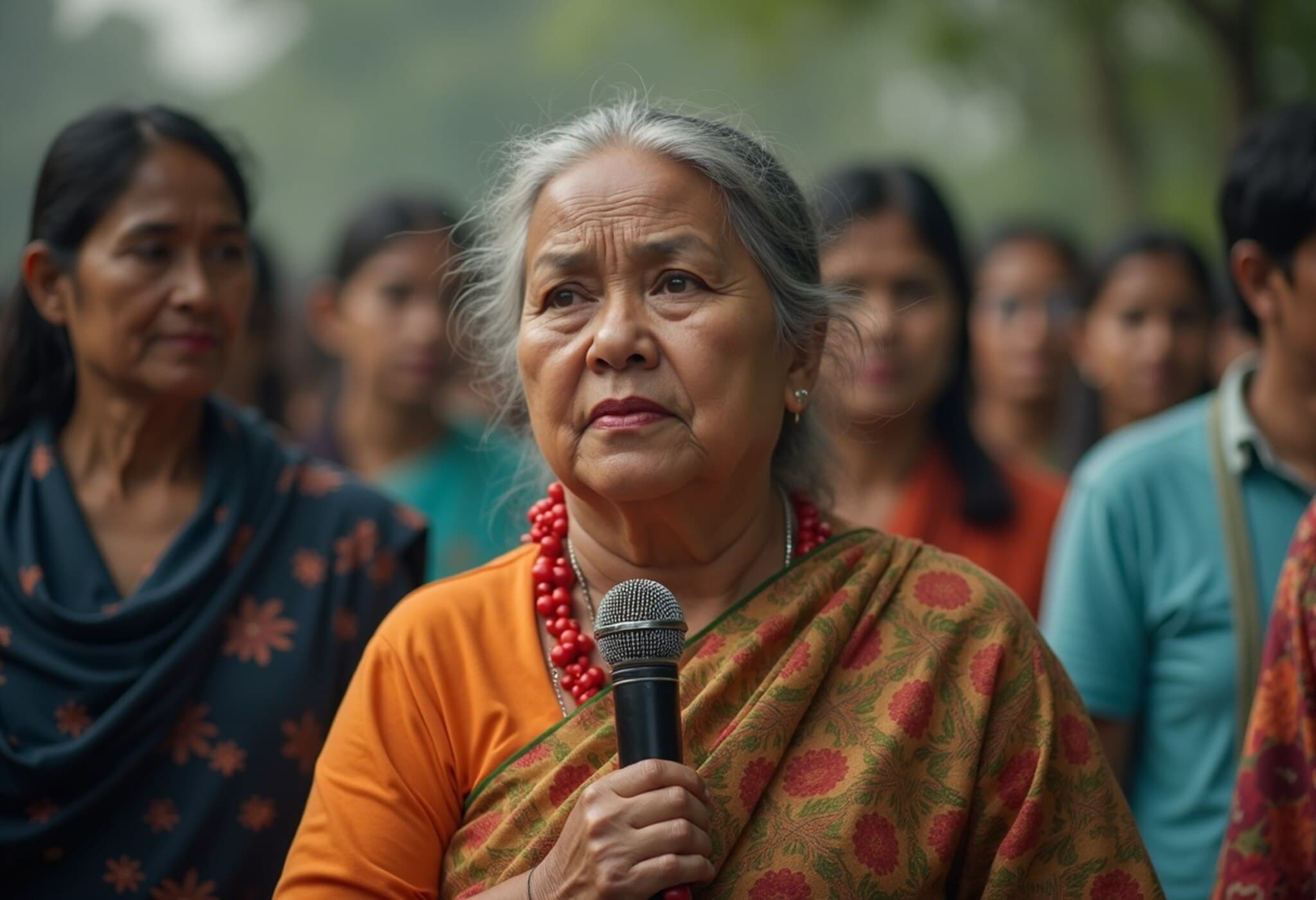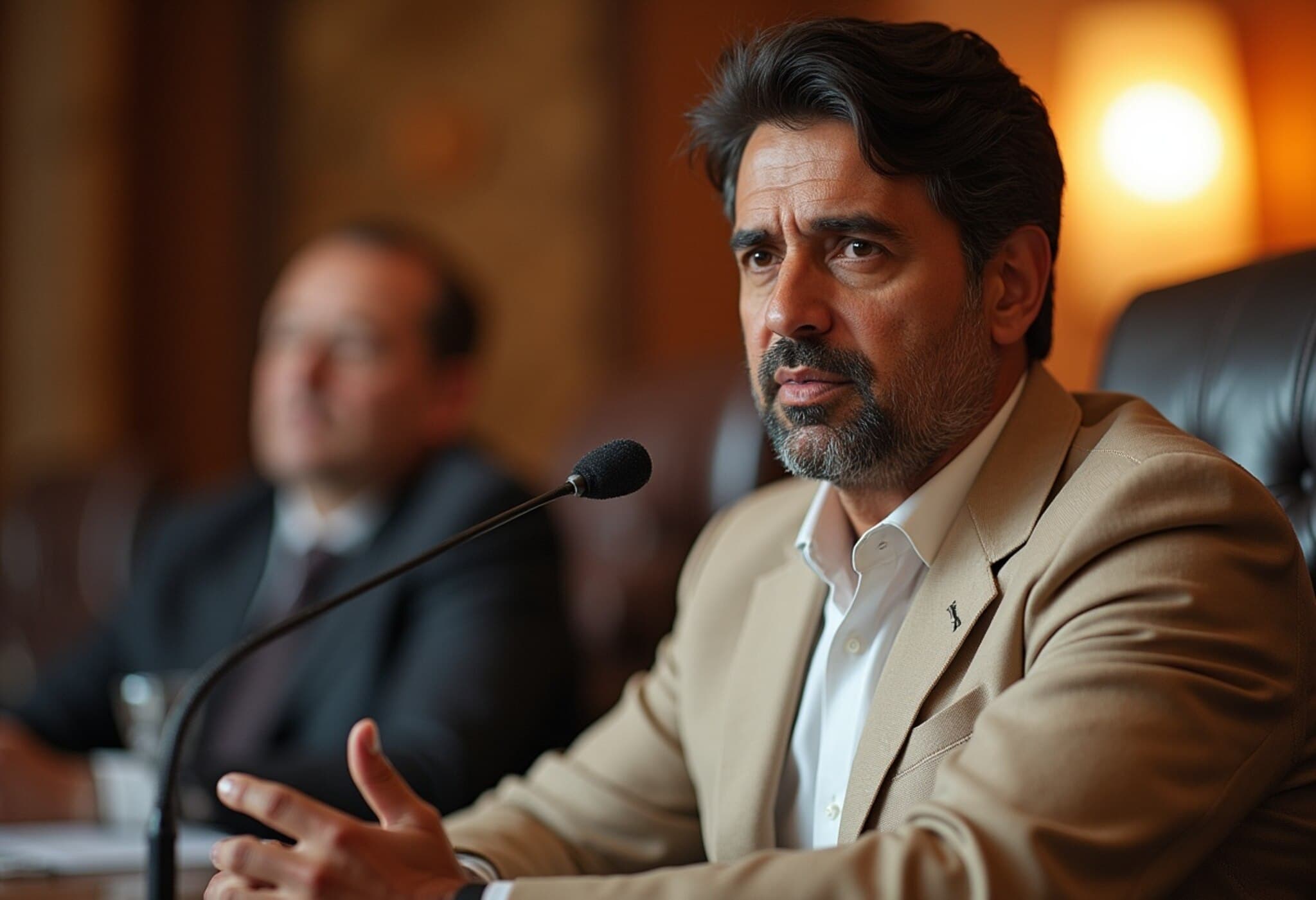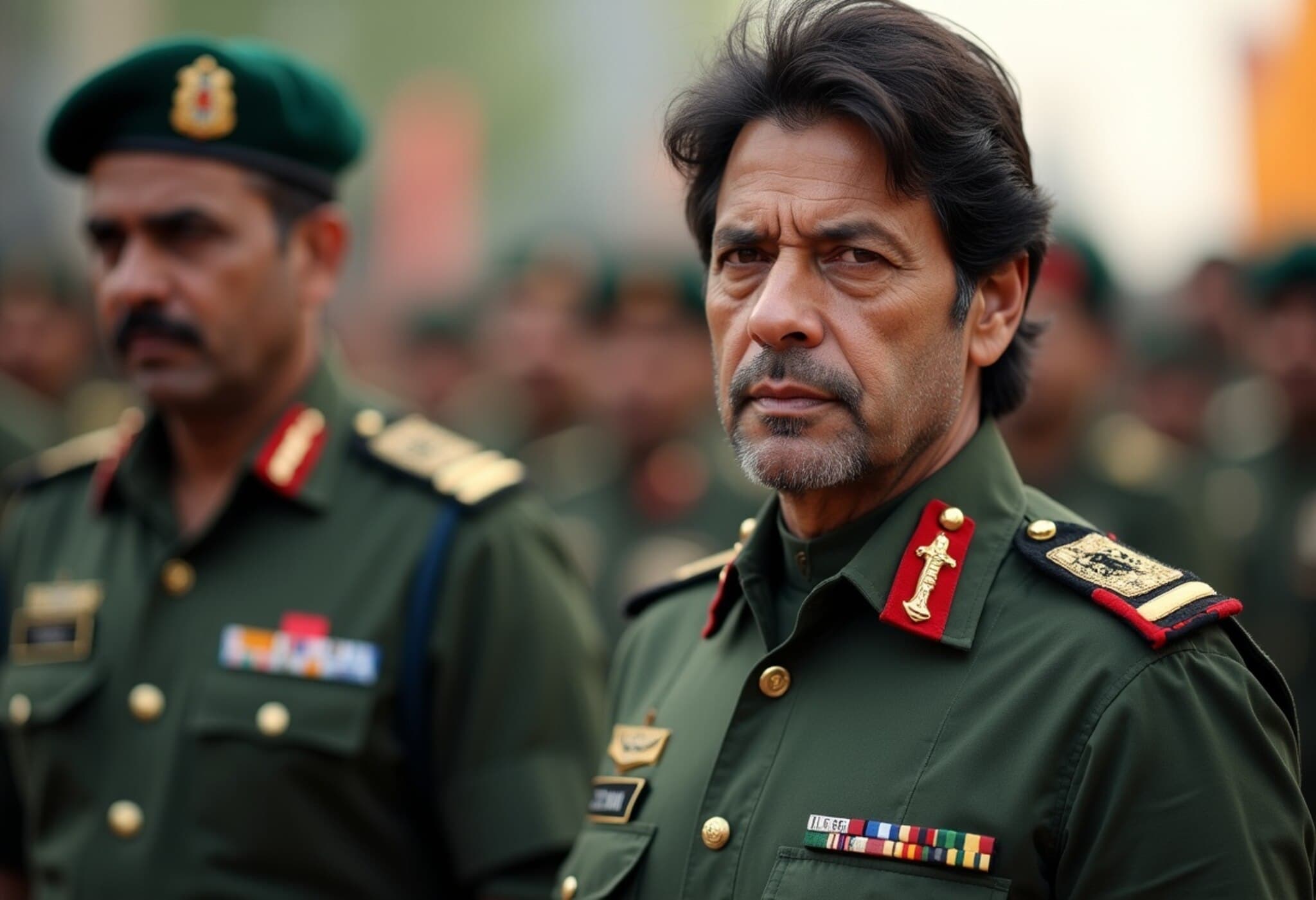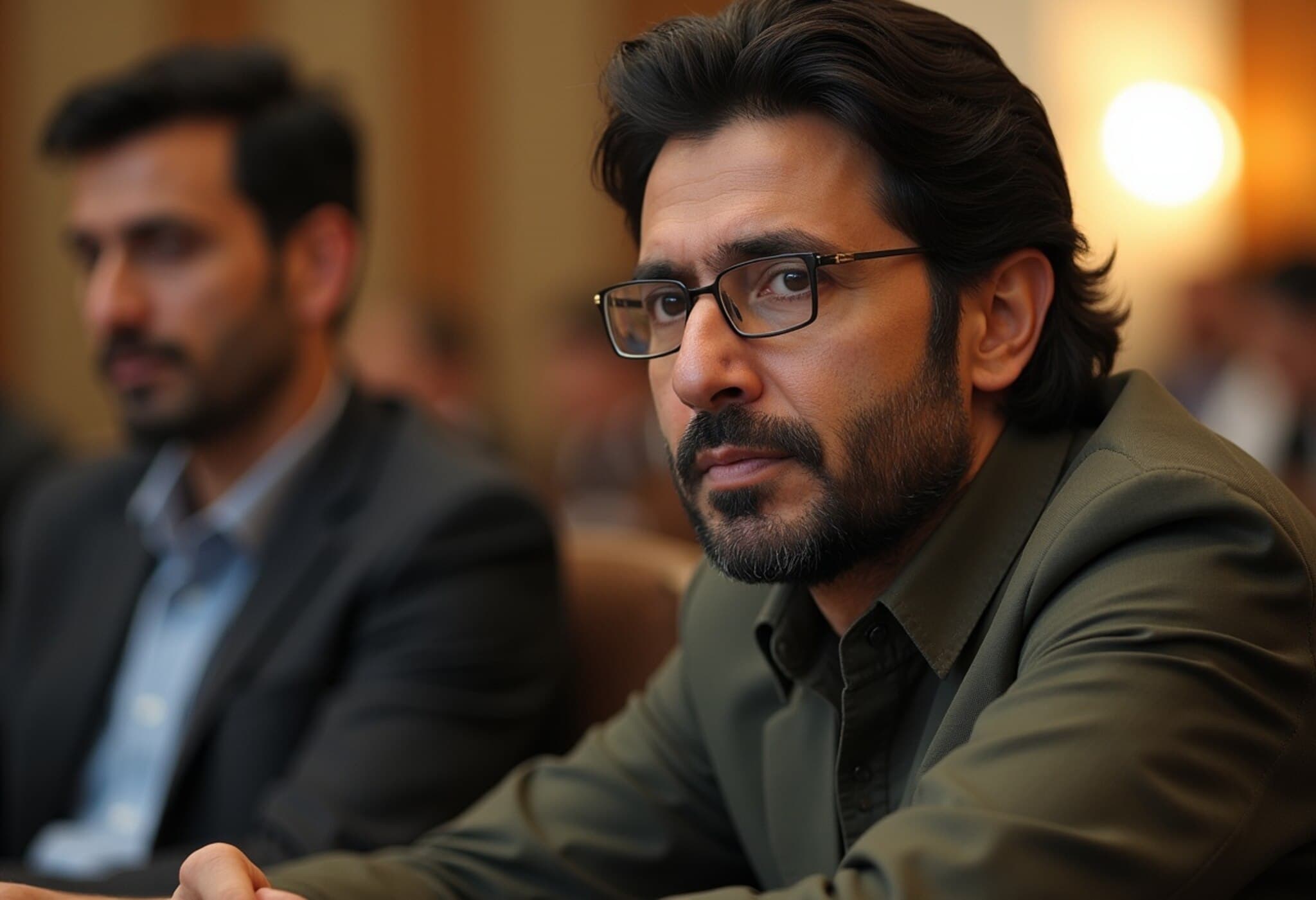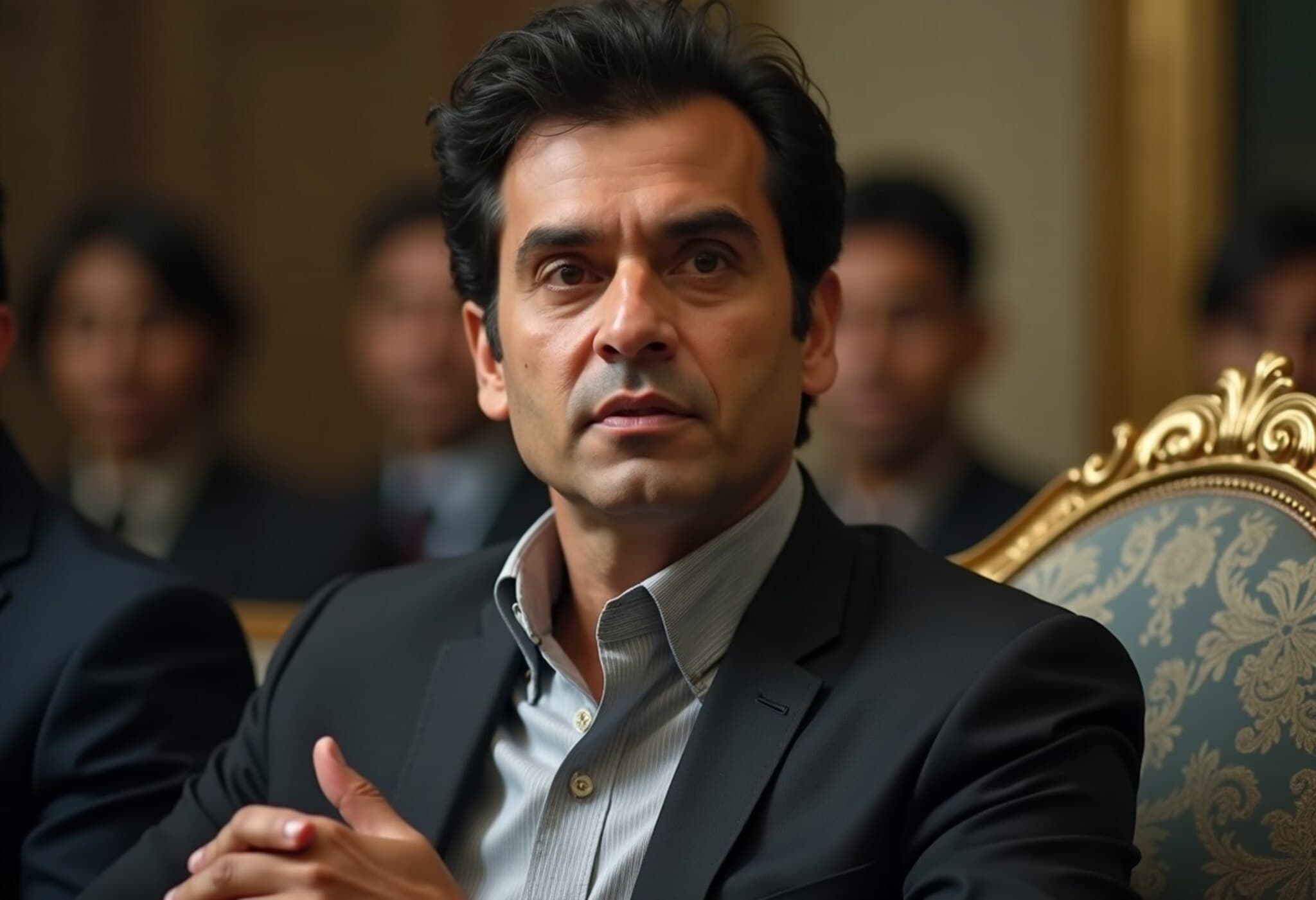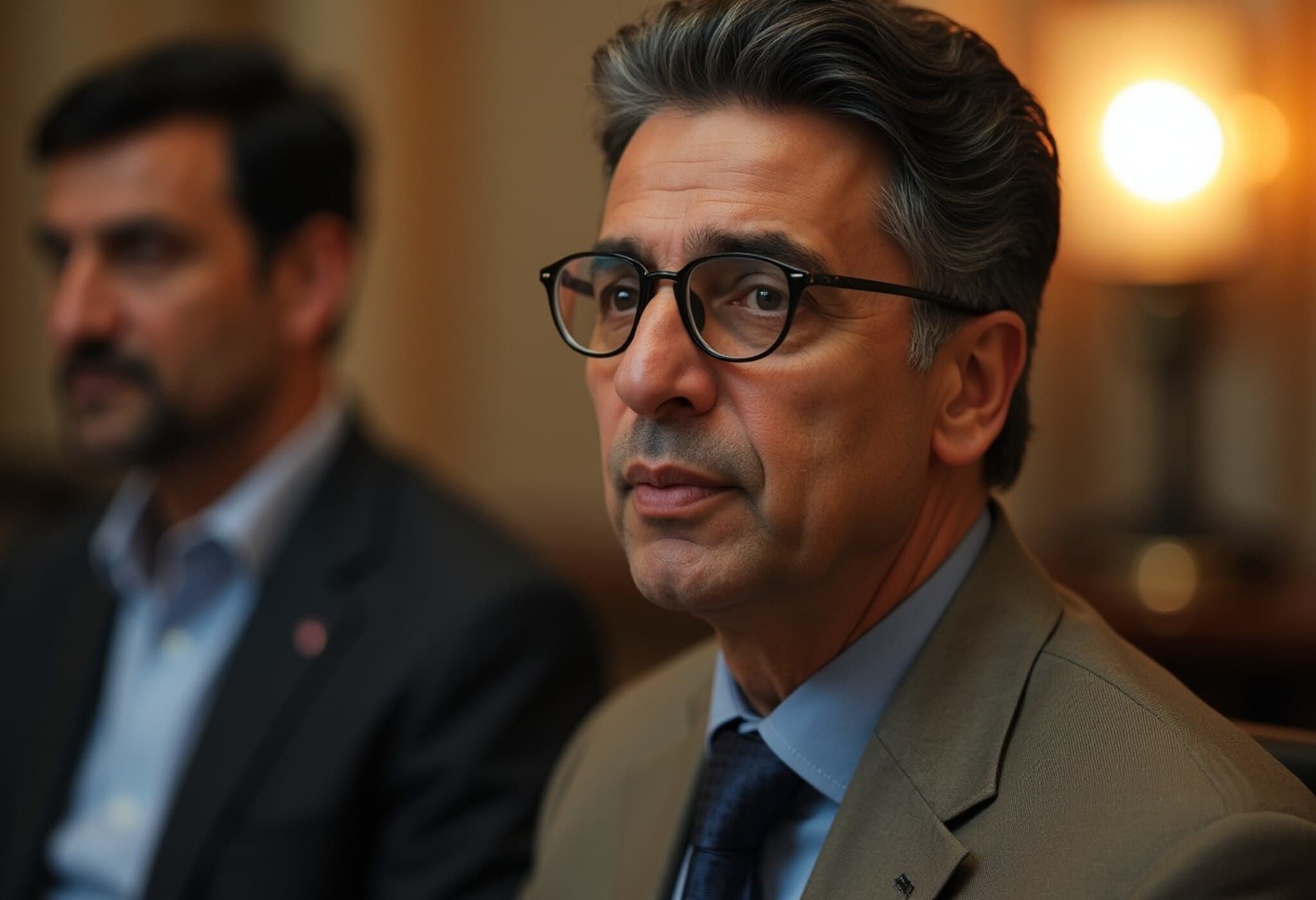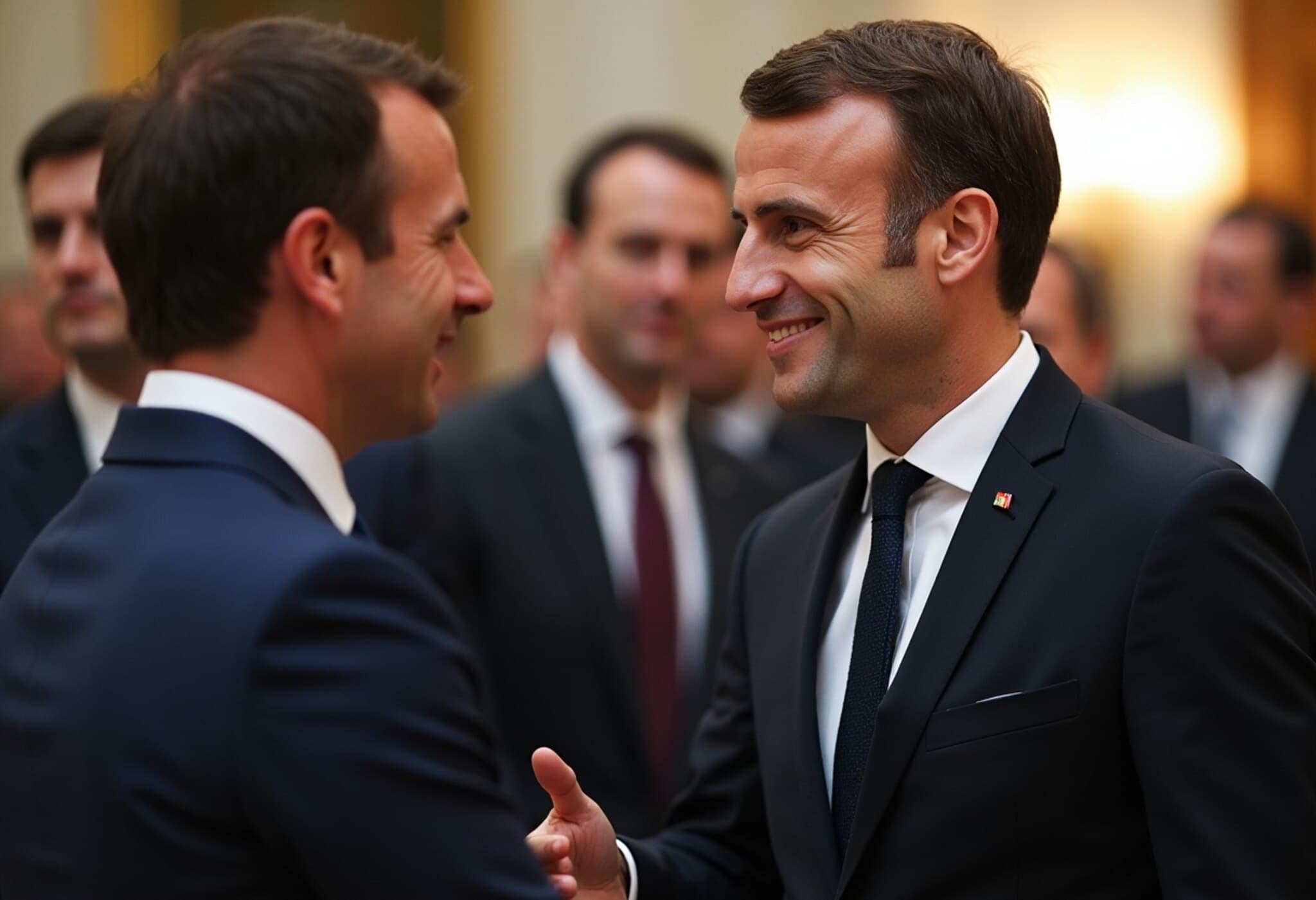Bilawal Bhutto Issues Stark Warning to India on Indus Water Dispute
Bilawal Bhutto Zardari, head of Pakistan People's Party (PPP), has issued a grave warning to India, stating that obstructing Pakistan's water supply could leave Islamabad with "no option but war." Speaking during a visit to Brussels, where he is leading a parliamentary delegation to Western countries, Bilawal underscored the critical importance of dialogue to resolve persistent bilateral issues.
Dialogue as the Only Way Forward
In an interview with a European broadcaster, Bilawal emphasized that all outstanding disputes between Pakistan and India must be settled through comprehensive, inclusive talks. He cautioned that India's refusal to engage diplomatically would ultimately be detrimental to its own interests. He called on the international community to play an active role in facilitating these negotiations, particularly around contentious issues such as Kashmir, terrorism, and crucially, water sharing.
The Indus Water Treaty: A Flashpoint
The Indus Water Treaty, a decades-old agreement governing water distribution from rivers crossing the two nations, remains a major point of tension. Bilawal warned that any attempt by India to disrupt this water flow would be perceived as an existential threat by Pakistan. While Pakistan desires peace, it intends to safeguard its national security and water rights at all costs.
Historical Context of the Dialogue Process
The last meaningful attempt at dialogue, known as the composite dialogue process, began in 2003 under then-Pakistani leader General Pervez Musharraf. This framework included discussions across eight sectors covering key bilateral concerns. However, the process unraveled following the 2008 Mumbai attacks, and formal talks have failed to regain momentum since.
Recent Escalations and Calls for Peace
Since early May 2025, tensions have surged following terrorist attacks in Pahalgam and subsequent cross-border military strikes by both nations. India targeted terror infrastructure in Pakistan and Pakistan-occupied Kashmir, prompting retaliatory attacks by Pakistan. Hostilities subsided only after military directors agreed to ceasefire talks on May 10.
Despite the strained environment, Bilawal reiterated Pakistan’s preference for peaceful resolution but maintained that key issues—especially water security—are non-negotiable.
Looking Ahead
Bilawal Bhutto’s remarks highlight the fragile state of ties between the two neighbors. The urgent need for renewed, results-driven diplomacy cannot be overstated, given the potential for conflict escalation in the absence of constructive engagement.

